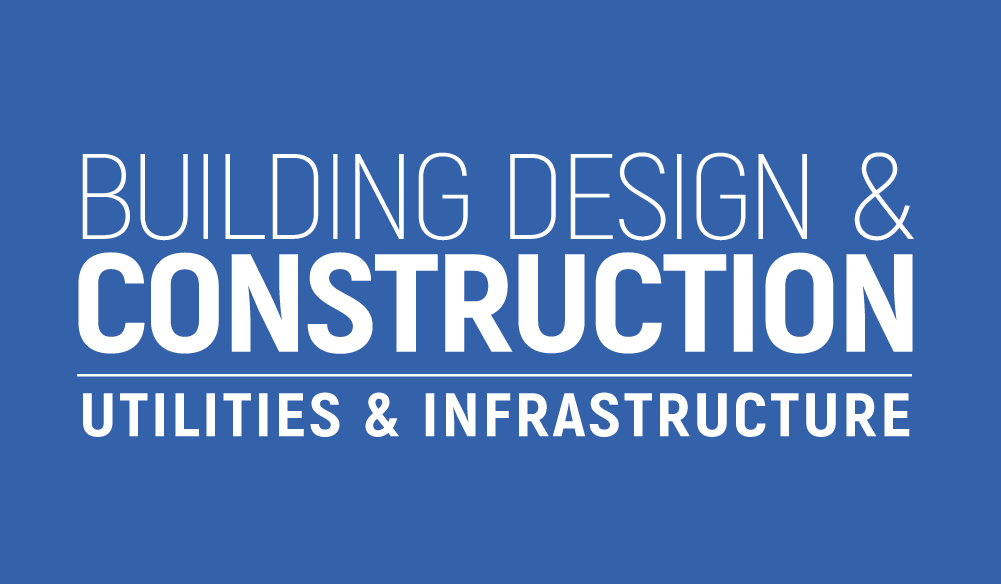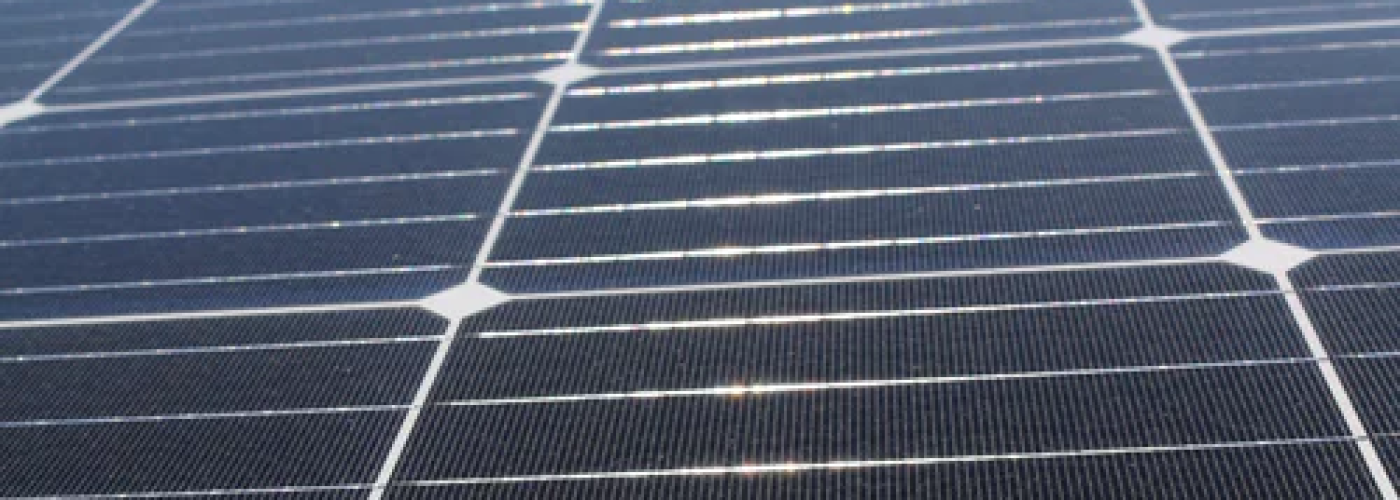Solar energy has bombarded the planet for the last 4 billion years. Harnessing the sun’s power to get electricity is a good option if you want cleaner and better energy sources. Besides, they’re so efficient and cost-effective. Rather than depending on the grid for electricity supply to heat your pool or power your home, you can install efficient solar panels to do these for you effectively. Since summer is approaching fast, you can switch to a solar attic fan to cool your home rather than an electrical fan that would use a lot of power to run. There are several inexhaustible reasons to turn to solar panels.
You should, however, note that an efficient panel doesn’t necessarily translate into improved economic benefits for a modern home. While the idea of saving money monthly seems promising, initial investment might have you wondering if it’s worth the time, money, and efforts. Let’s dig in deeper to help you comprehend more about solar power efficiency.
Efficacy of Solar Power on A Modern Home
Solar panel efficacy is a measurement of a solar panel’s capability to convert sunlight effectively into vital and usable electricity. All factors (sunlight amount and durational time) constant, a more efficient solar panel will produce significant power compared to a non-efficient one. The efficiency of solar panels is typically determined by the amount of electricity produced by the solar cells. They are consequently directly influenced by surrounding components, electrical configuration, and their composition, amongst other factors.
Solar panels can process up to 22% of solar energy per day and convert it into vital energy based on various variables. The sunlight amount that’s convertible into electricity is referred to as performance, and its outcome determines the efficacy of the solar panels.
Top-notch solar panels may exceed efficiency to even 23%, but standard photovoltaic panels cannot go beyond 20% efficiency. A PV’s conversion efficiency is the percentile of solar energy that’s directly shining on the device. Enhancing this efficiency should be the primary goal of solar panel companies. It is this conversion energy percentile that makes them cost-competitive. Panel installation companies are looking for extra ways to make their systems more efficient every day.
Factors That Determine And Impact The Efficacy of Solar Power
Undeniably not all the sunlight reaching PV cells is convertible into usable electricity. Most are often lost. Several factors in solar cells designation impact a cell’s capability to convert the received sunlight. Designating with the following factors in mind will increase the achievable efficiency of solar panels.
- Wavelength
Photons make up light. These photons possess a vast range of energies and wavelengths. Sunlight which reaches the surface of the Earth contains ultraviolet-based wavelengths via visible ranges to infrared. After light strikes the solar cells’ surface, some pass through while others are reflected. Absorbed photons turn their energy into heat while the other remainders usually separate electrons using their power from atomic bonds. They then produce electric currents and charge carriers.
- Temperature
Low temperatures favor the efficiency of solar cells. If there are high temperatures, the semiconductor properties can shift, resulting in the increased current but decreased voltage. An increase in temperatures damage modules and cell materials, reducing the durability of the solar panels. Most of the bright sunlight on cells turns into heat. Therefore thermal management can enhance the lifetime and efficiency of solar panels.
- Recombination
A charge carrier like an electron should easily flow across materials to enable electric current in the semiconductor. A’ hole’ which is also another charge carrier, represents electron absence in the materials. It then acts as a positively charged carrier. If electrons experience a hole, they tend to recombine and stop contributing to the flowing electric currents. Direct recombination is the process of a hole and light-generated electron encountering each other, recombining, and then emitting photons. This process reverses the entire process wherein there’s the generation of electricity in the solar cells. It limits efficiency. On the other hand, indirect recombination can be described as a process wherein holes and electrons encounter impurities, then recombine and finally emit their energy to become heat.
- Reflection
When the amount of reflected light is significantly minimized, solar cells become very efficient. This can be done using textured surfaces as well as an anti-reflection coating. Black or dark blue cells in the solar panels are highly efficient.
- Shade
Shade, no matter how small on the solar panel, can decrease the output. Panels are wired systematically together, so any shade on the part of a panel will lower the energy production and overall system. You should install solar panels in maximum sunlight exposure areas to mitigate this issue. However, this might be hard sometimes, so you need to look for better available alternatives.
- Panel Installation
How you installed a solar panel is vital because it will determine how much sunlight will be captured. The panels’ angle and sunlight hitting will highly impact the efficiency of your solar system. If your panel is mounted on the roof, its slope will determine the amount of sunlight that will hit it. Commercial installations compensate for Earth’s imminent movement through installing tracking systems. However, they’re expensive, so they’re not used for residential purposes.
- Ice
A buildup of ice can occur on solar panel surfaces when silicon coating wasn’t applied. Ice buildup decreases the efficiency of solar panels by up to 100%.
- UV Degradation
UV degradation can delaminate solar cells structure. It also causes discoloration. Remember, efficient solar cells are either black or dark blue.
- Thermal Cycling
This causes cell components to reduce efficiency drastically. Solar cell components are inclusive of module connections, solder bonds, interconnections, and internal cells.
Conclusion
If your roof is small, there are high chances of getting efficient PV panels, although they’ll be expensive. On the other hand, if you possess huge space amounts, you can get satiating energy needs with cheaper yet less efficient panels. That said, when you switch to a solar system for your house, you need to maintain and care for them to increase their efficiency. Designating with the above factors will help you improve the efficacy of solar power on your modern home. Overall working and liaising with top brands will go a long way to help you enjoy all the benefits that come with switching to an efficient solar system to run your home.






